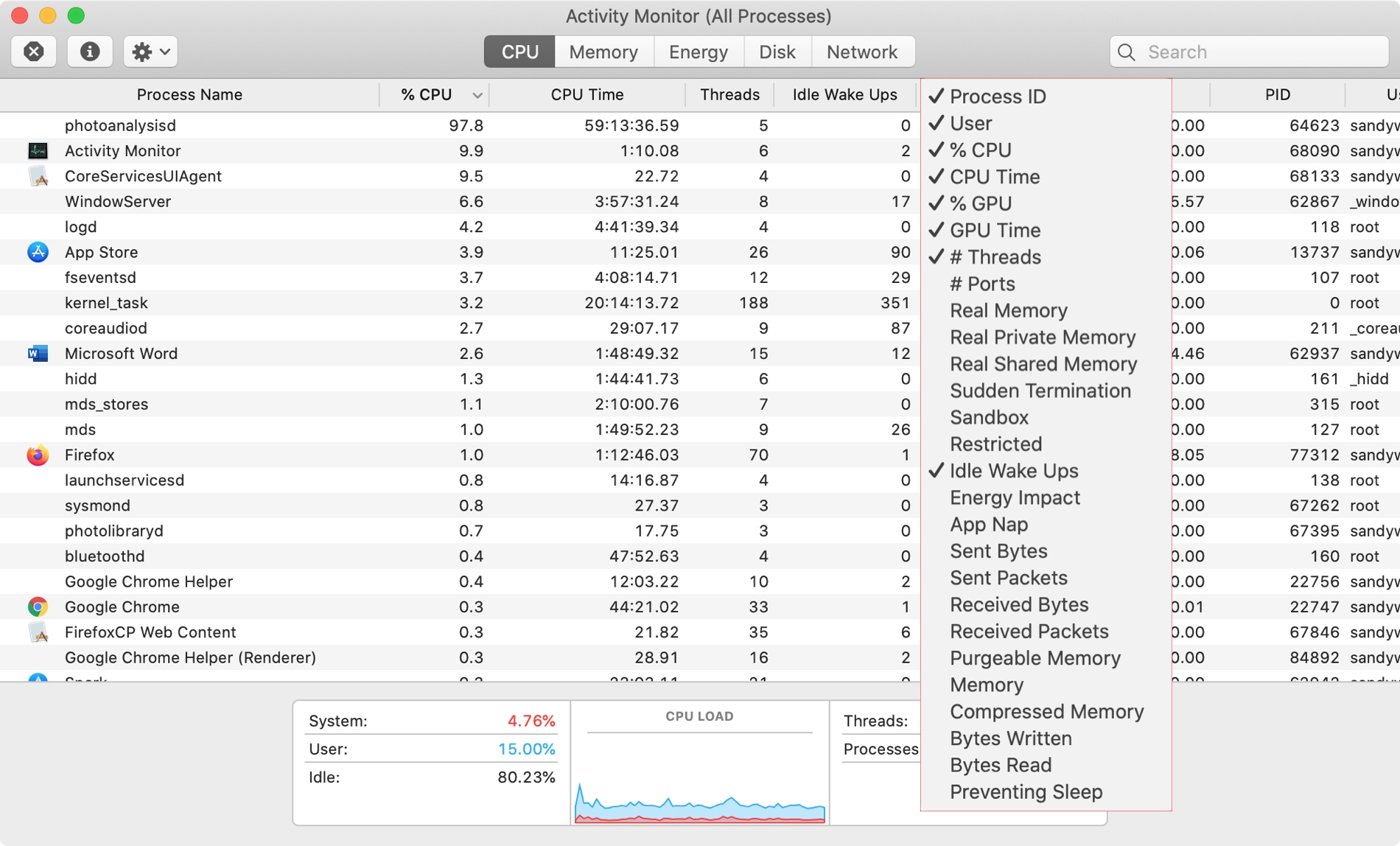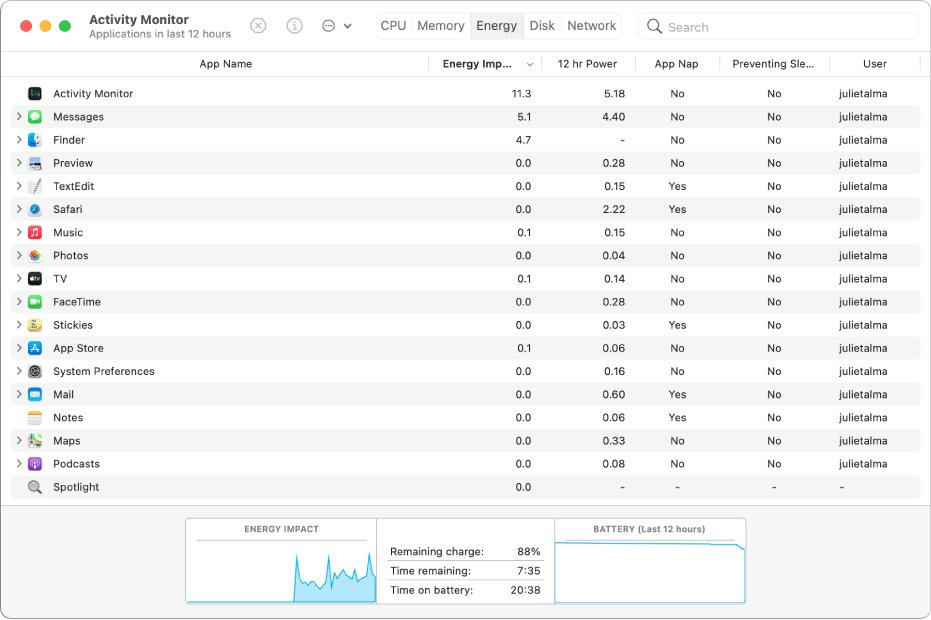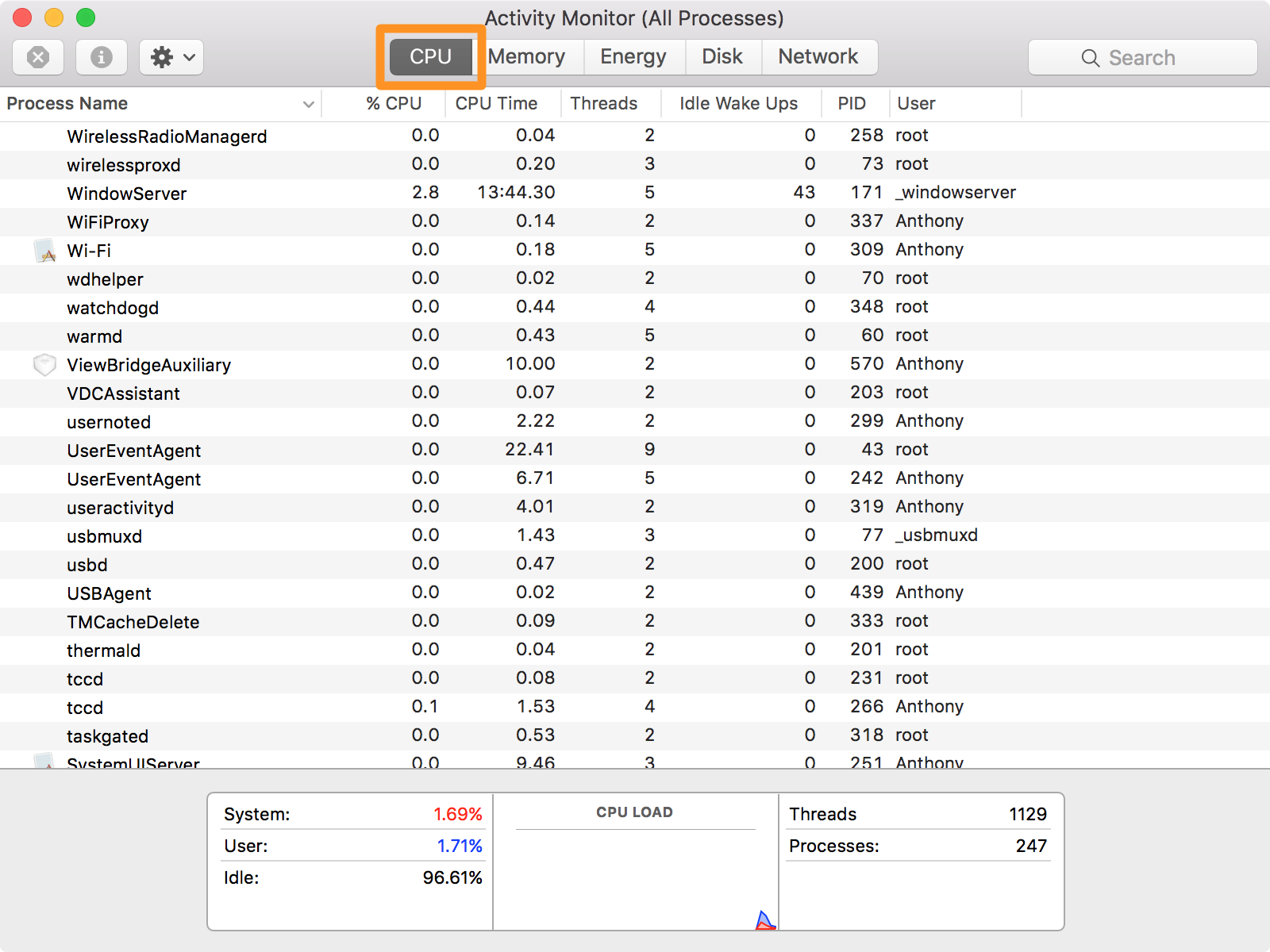
Recall from the section “Understanding POSIX Permissions with AFP Share Points” that the operating system assigns to new files read and write permissions for the owner, but read only for the group and

Probably disable oplocks and enable strict locking.ĭefault Permissions for New Files and Folders However, if you share a share point via SMB and any other file-sharing protocol, then to prevent data corruption, you should What does this mean for you? If your server shares a share point via the SMB protocol only, and you have “well-behaved” SMBĬlients (which check for file locks appropriately), then for better SMB performance, you may want to enable oplocks and disable To check for an existing file lock with every read and write request. Two SMB clients can simultaneously edit different portions of the same file, which is a nice feature for certain environmentsĪnd workflows, but could cause data loss if any other file-sharing protocol is involved.


If SMB service supports oplocks, the client can request to cache a file locally, in order to perform read and


 0 kommentar(er)
0 kommentar(er)
